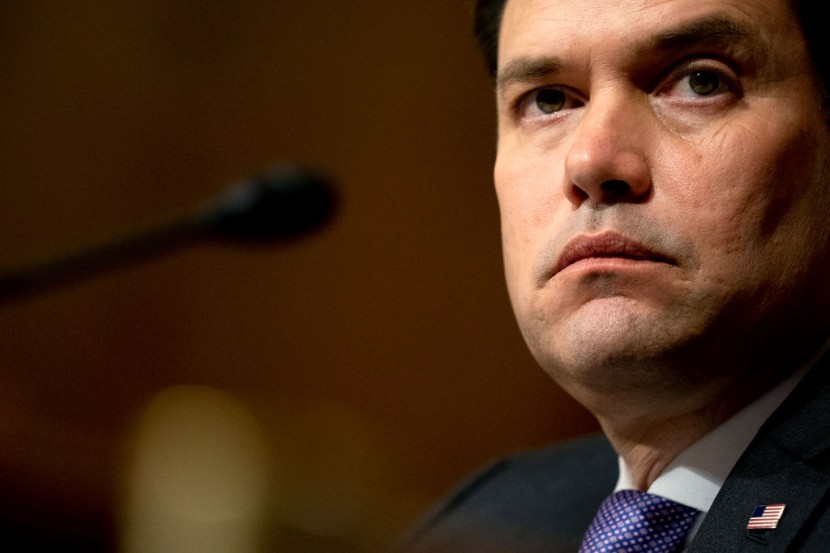
Sen. Marco Rubio plans to propose legislation that would impose new sanctions on China unless it allows a transparent and independent probe of suspect laboratories in Wuhan, including the Wuhan Institute of Virology, which has been the subject of intense speculation and scrutiny in recent months.
Rubio and other Biden critics want the President to be more forceful in pressuring China's government to agree to a thorough investigation, which they say is something that the country's leadership has refused. President Joe Biden said earlier this week that he would pressure Beijing, but he didn't elaborate on how he would do it.
Rubio claims there is bipartisan support with the proposed sanctions
The White House and Senate Majority Leader Charles Schumer have not released any official statements on the possibility of new sanctions against China. Although Democrats may be hesitant to support a bill sponsored by Rubio, a possible contender to Biden in the 2024 election, a senior Rubio aide said there were some promising signs of bipartisan support.
China is a dominant topic recently. Per Reuters, the Senate passed a bill earlier this month to strengthen the American technology sector to make it more competitive with China, with bipartisan support rarely seen in Washington these days. While the scientific establishment continues to support the theory of a zoonotic spillover from bats to an intermediary species, such as the pangolin, and subsequently to people, it is not without its doubters, and those critics are rising.
For one thing, no intermediate species has yet been discovered. The Chinese authorities' unwillingness to provide information has further bolstered the perception that there is something to hide.
Dr. Peter Hotez, an infectious disease expert from Baylor College of Medicine, told Yahoo News, "We need to know this. We're going to have to find this out."
Hotez was one of the first notable scientists in the United States to advocate for a broader investigation into the lab leak theory. He also criticized Trump's and his supporters' "preposterous" claims, stating that a zoonotic spillover is still the most plausible reason for SARS-CoV-2 spread throughout the world.
Read Also : $1.2 Trillion Infrastructure Plan Receives Bipartisan Support, But Democrats Raise Fresh Concerns
White House won't accept China's refusal to COVID-19 origin probe
Meanwhile, Joe Biden's national security adviser, Jake Sullivan, said the US would not accept China's refusal to conduct a comprehensive Covid-19 origin probe. However, the White House will not issue "threats or ultimatums" to China as it seeks access to investigate the roots of the pandemic, Jake Sullivan told CNN's State of the Union.
Natl. Security Adviser Jake Sullivan says the US is working with the international community to investigate the origins of Covid-19, despite China stonewalling.
— CNN Politics (@CNNPolitics) June 20, 2021
"We're not going to simply accept China saying no." #CNNSOTU pic.twitter.com/aNTm7eWAFc
The administration's strategy is on "two tracks," Sullivan told host Dana Bash. Biden has directed the intelligence community to determine whether the spread may be linked to a laboratory in Wuhan, China.
Republicans, including Trump, have promoted the "lab leak" theory, although US experts have declared no convincing evidence to support it. Sullivan added that the US was already in the process of leveraging its resources and own capabilities to create a clearer picture of what had occurred. He also recognized that the G7 leaders had urged for an inquiry of COVID-19 that was timely, transparent, expert-led, and science-based, The Independent reported.
Related Article: White House Considers Setting Talks with Xi Jinping; Joe Biden Dodges Question on Pressing China to Stop Blocking COVID-19 Origins' Probe
@YouTube








